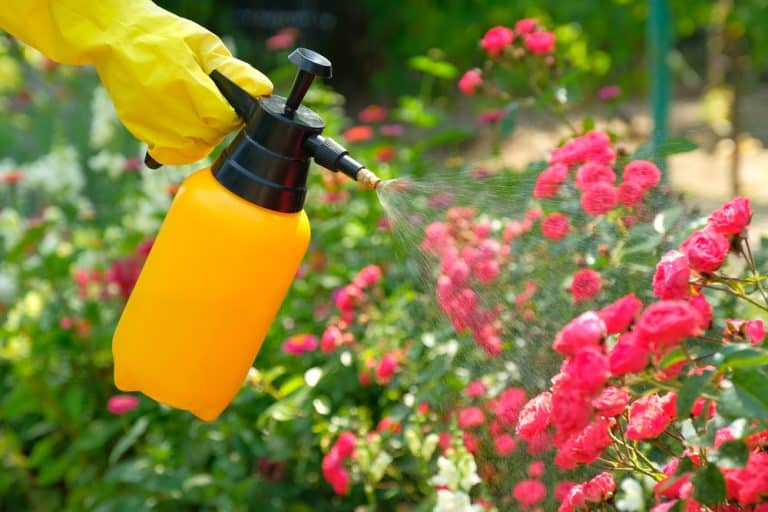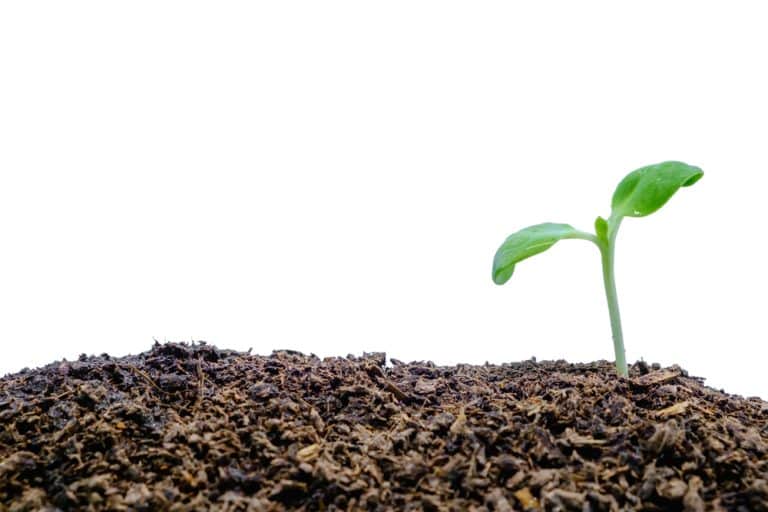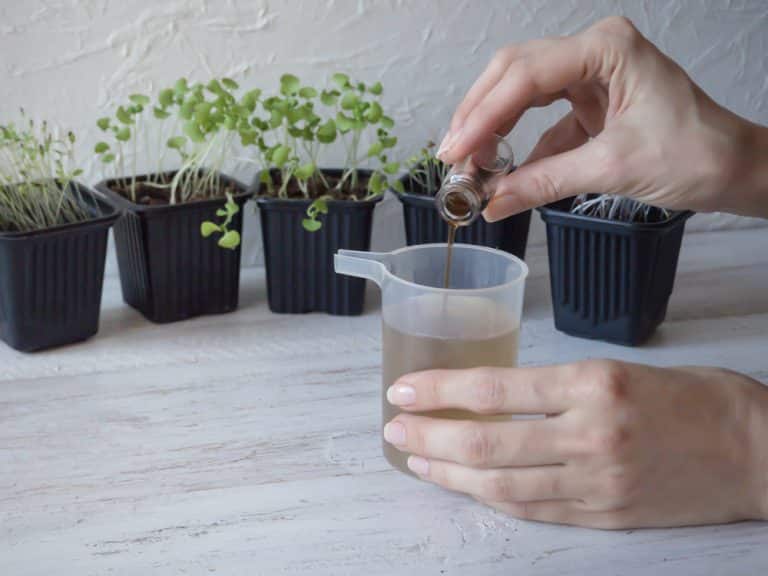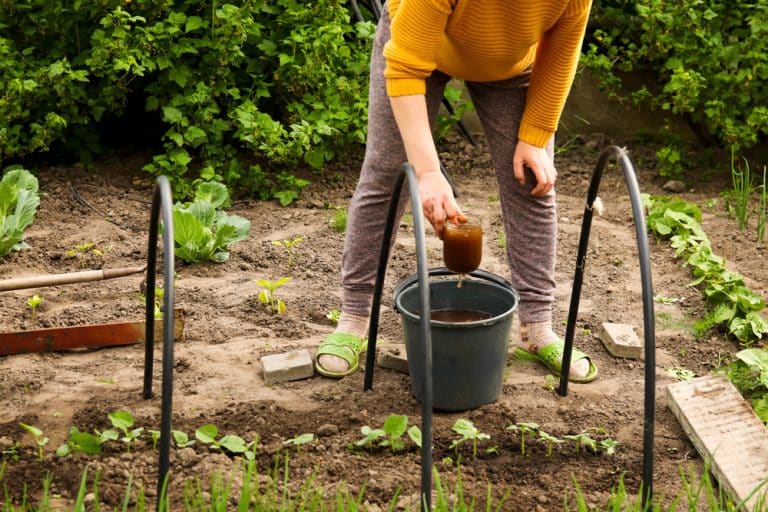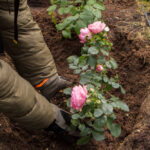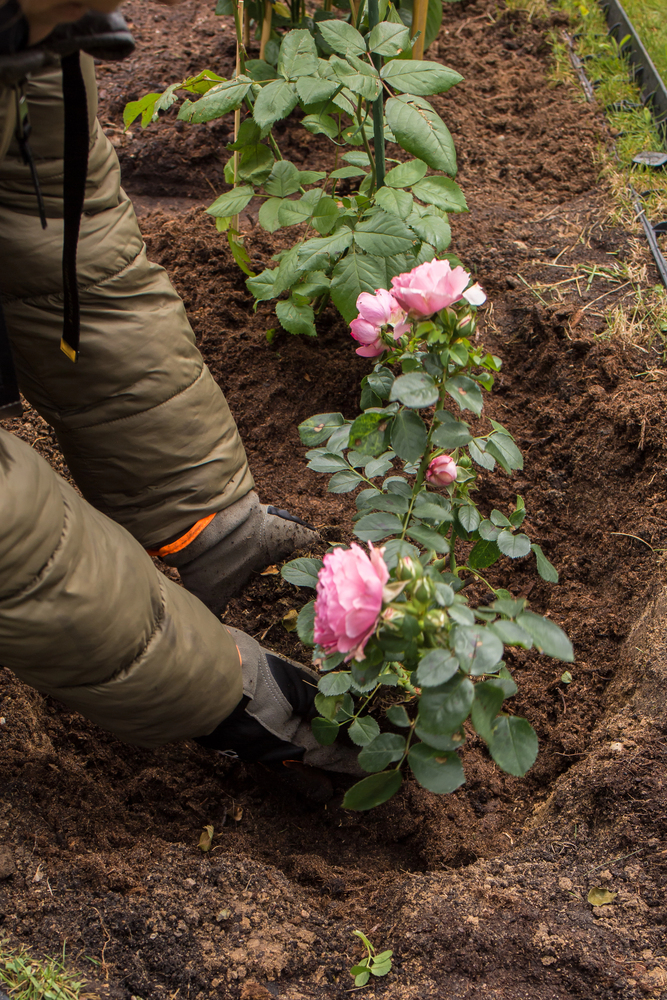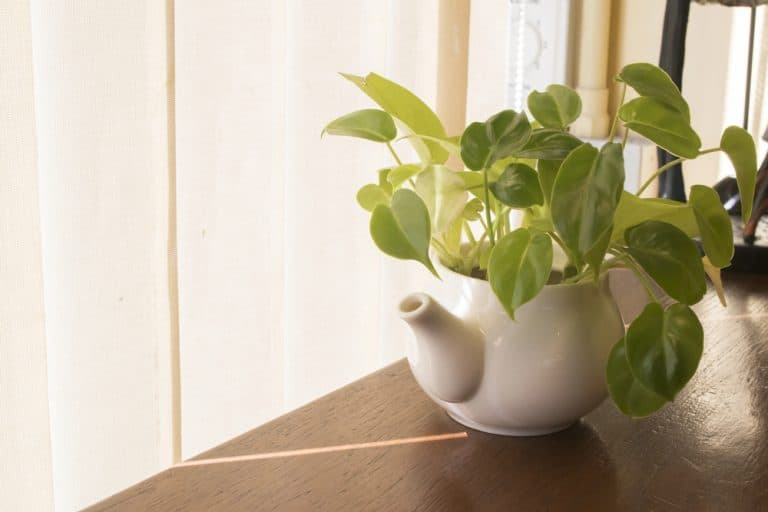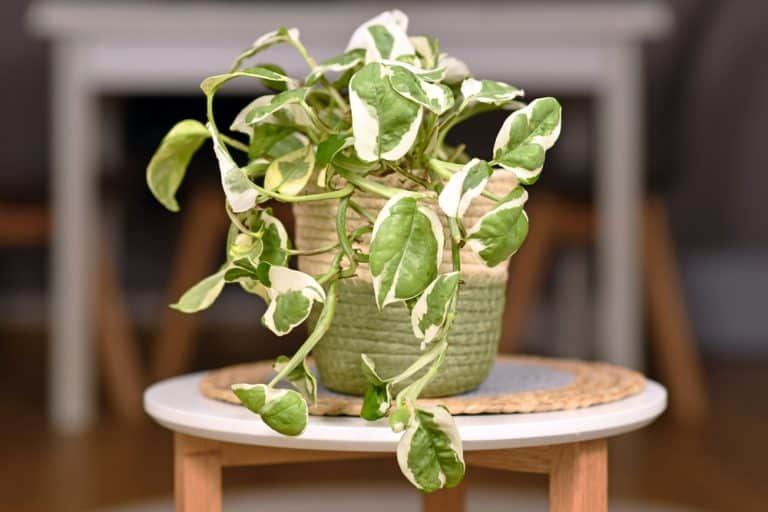
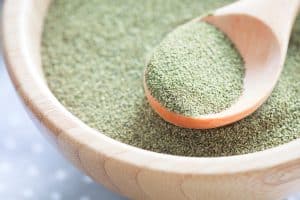
Introduction
Kelp fertilizer is rapidly gaining popularity among gardeners and farmers as a powerful, natural solution for enriching the soil and promoting healthy plant growth. Derived from seaweed, kelp fertilizer is an organic amendment packed with beneficial nutrients, trace minerals, and growth-promoting hormones that help plants thrive. Unlike synthetic fertilizers that may harm the environment or the delicate balance of the soil, kelp fertilizer provides an eco-friendly alternative that encourages sustainable gardening practices.
One of the most compelling aspects of kelp is its versatility. It can be used on nearly any type of plant—from vegetables and fruit trees to ornamental plants and flowers. Thanks to its organic composition, kelp fertilizer helps improve the structure and fertility of the soil, which is crucial for long-term plant health. Additionally, this fertilizer is known to boost plants’ resistance to environmental stressors, such as extreme temperatures and drought, making it a valuable tool for both hobbyists and professional growers.
Furthermore, kelp fertilizer is rich in vital elements such as potassium, magnesium, and calcium, essential for plant development. Its unique formulation releases nutrients slowly, ensuring that plants receive a steady supply of nourishment over time. With benefits beyond simple nutrient supplementation, kelp fertilizer provides an all-encompassing solution that enhances soil quality, boosts root growth, and promotes a healthier garden.
Seven Essential Reasons to Use Kelp Fertilizer
1. Enhanced Nutrient Availability
Kelp fertilizer contains essential nutrients and trace minerals readily available to plants. This makes it easier for plants to absorb nutrients without the risk of nutrient burnout, which can sometimes happen with synthetic fertilizers. Kelp also acts as a chelating agent, helping to improve the soil’s nutrient-holding capacity so plants can access nutrients when needed.
2. Promotes Root Growth
One of the standout benefits of kelp fertilizer is its ability to stimulate root growth. Kelp contains natural growth hormones, such as auxins and cytokinins, which encourage plants to develop a more extensive root system. Stronger roots mean better access to water and nutrients, resulting in healthier and more resilient plants.
3. Improves Plant Resistance to Stress
Kelp significantly enhances plant resistance to various environmental stresses, such as extreme weather, drought, and disease. The natural hormones in kelp improve a plant’s adaptive capabilities, allowing it to maintain growth and productivity even in challenging conditions. For gardeners in unpredictable climates, kelp fertilizer can make a noticeable difference in plant survival and productivity.
4. Enhances Soil Structure and Water Retention
In addition to providing nutrients, kelp contributes to better soil structure by adding organic matter. This improves the soil’s ability to retain water, which is crucial for regions that experience dry spells. By improving soil structure, kelp fertilizer enhances aeration and drainage, creating an ideal environment for root development and healthy plant growth.
5. Boosts Plant Immunity
Kelp fertilizer is known to improve plant immunity by stimulating the production of secondary metabolites, which help plants defend against pests and diseases. This increased immunity reduces the need for chemical pesticides, allowing for a more natural, organic approach to pest management. With kelp fertilizer, plants are better equipped to resist common pests and fungal infections, leading to a more sustainable gardening practice.
6. Encourages Stronger Flowering and Fruiting
The potassium in kelp fertilizer is particularly beneficial for promoting flowering and fruiting in plants. Potassium supports the development of flowers and fruits by regulating various metabolic processes. This is especially useful for gardeners growing fruit-bearing plants, as kelp fertilizer can improve the quality and yield of fruits and flowers.
7. Eco-Friendly and Sustainable
Using kelp as a fertilizer is more sustainable than synthetic fertilizers, which can pollute waterways and disrupt the natural soil microbiome. Kelp is a renewable resource that grows abundantly in the ocean, making it a highly sustainable product. By choosing kelp fertilizer, gardeners contribute to a healthier planet by reducing the need for synthetic chemicals and supporting the preservation of marine ecosystems.
Conclusion: Why Kelp Fertilizer is a Gardener’s Best Friend
Kelp offers an extensive list of benefits that go beyond essential plant nutrition. As a natural, organic solution, it enhances soil health, supports plant growth, and builds resilience against environmental stresses. For both new and experienced gardeners, kelp is an easy and effective way to ensure plants receive the nutrients they need sustainably. Unlike synthetic options, kelp fertilizer’s natural composition benefits the plants and the surrounding ecosystem, promoting a balanced and healthy garden environment.
Adding kelp fertilizer to your gardening routine can lead to lush, vibrant, and resilient plants better prepared for environmental challenges. Providing a slow release of nutrients ensures that plants are never overfed, which can lead to healthier, more consistent growth. Kelp fertilizer is a one-stop solution that enhances the garden ecosystem, making it an invaluable resource for anyone looking to cultivate a thriving green space.
For those seeking a greener, more sustainable approach to gardening, kelp stands out as an ideal choice. Its unique combination of nutrients, trace minerals, and growth hormones supports plant health, from root development to flowering and fruiting. When used regularly, kelp fertilizer can transform an ordinary garden into a flourishing, vibrant landscape that benefits both the gardener and the environment.
Reference
- Craigie, J. S. (2011). Seaweed extract stimuli in plant science and agriculture. Journal of Applied Phycology, 23(3), 371–393.
- Plant Food Guides
